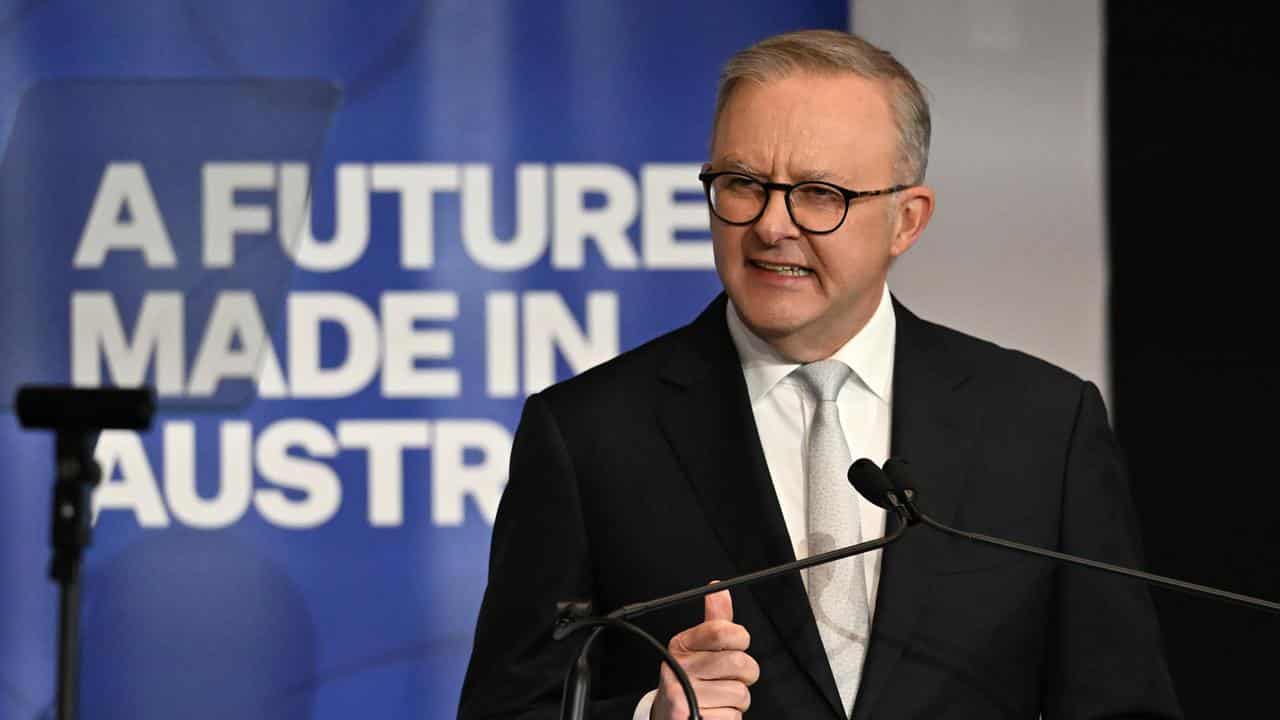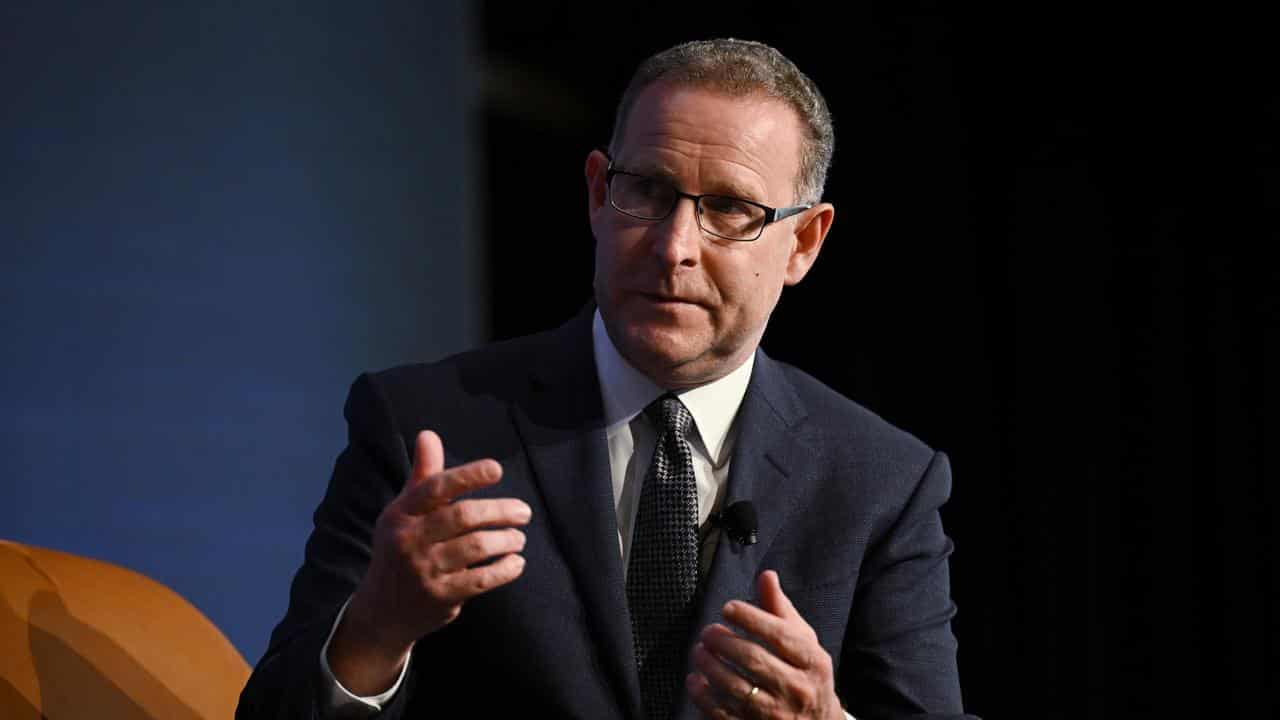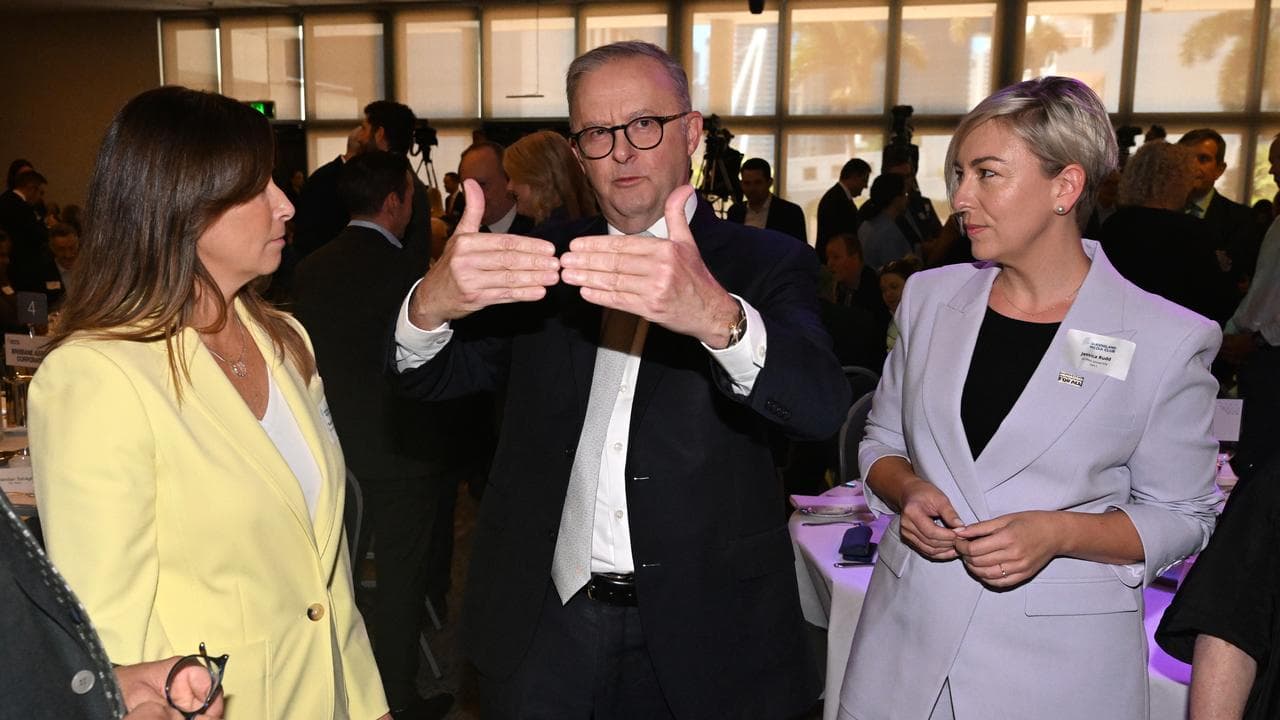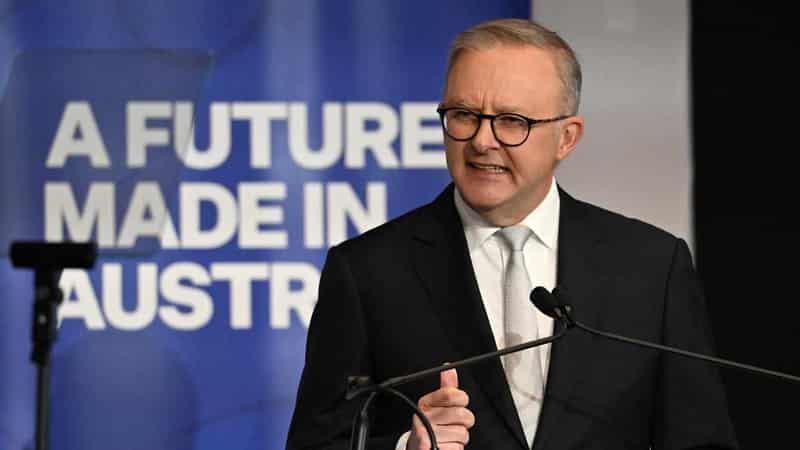
Taxpayers could soon bankroll major manufacturing and clean energy projects as Australia's business groups urge careful consideration for investment.
Prime Minister Anthony Albanese revealed the Future Made in Australia Act on Thursday as the nation looks to accelerate its transition to net zero.
"Our challenge and our great opportunity lies in anticipating change, shaping it and making sure it delivers for our people," he said at the Queensland Media Club.
The plan, likened to the A$520 billion Inflation Reduction Act in the US, has been backed by business groups.

Australian Chamber of Commerce and Industry chief executive Andrew McKellar said promoting a sovereign manufacturing and industry capability was important.
He said the prime minister had reflected the "fundamental importance" of boosting productivity and improving competition for future prosperity.
"If the government is to invest in driving emerging Australian industry capabilities, that investment needs appropriate consideration and scrutiny," Mr McKellar said.
Hydrogen, green metals, solar power, emerging renewable sources and technologies form the future of the country under the plan.
Its focus would be to boost investment in Australia's green resources, creating more jobs and building a strong and competitive economy, Mr Albanese said.
"We are very positive that ... by government putting in place structures that facilitate and provide that catalyst for private sector activity, what we'll see is a great many more jobs grow in the future," he said.
Mr Albanese said Australia shouldn't "talk ourselves down", when he was asked how the nation could market itself to the rest of the world as a manufacturing hub against China and southeast Asia.
"We need to talk ourselves up and be optimistic about seizing the opportunities which are there," he said.
As Australia moves towards its goal of net zero by 2050, it means shifting away from fossil fuels that have supported communities for decades.
Mr Albanese said the government would drive down power prices through integrated system planning.
"Investment in renewables will lead to to cheaper power, because that's what every economist tells us," he said.
But the prime minister acknowledged the shift will not happen overnight.
Mr Albanese said the government needed to be more strategic and sophisticated to achieve its vision.

Shadow treasurer Angus Taylor said the coalition wanted more manufacturing in Australia.
Elizabeth Sullivan from the Australian Conservation Foundation welcomed news of the greater push in clean energy and renewables.
"With strategic implementation and enough public investment to back it, this could unlock the billions of dollars of private investment needed to replace Australia’s fossil fuel exports with responsibly produced renewable technologies," she said.
Chief executive of the Smart Energy Council John Grimes said Australia was able to play a crucial role.
"For too long Australia has been a dig and ship country, in the future we can value add to those minerals and export zero-carbon iron, and other products to the world," he said.
"We can produce the cheapest electricity right here using solar and wind and, as a result, produce some of the cheapest products in the world."









